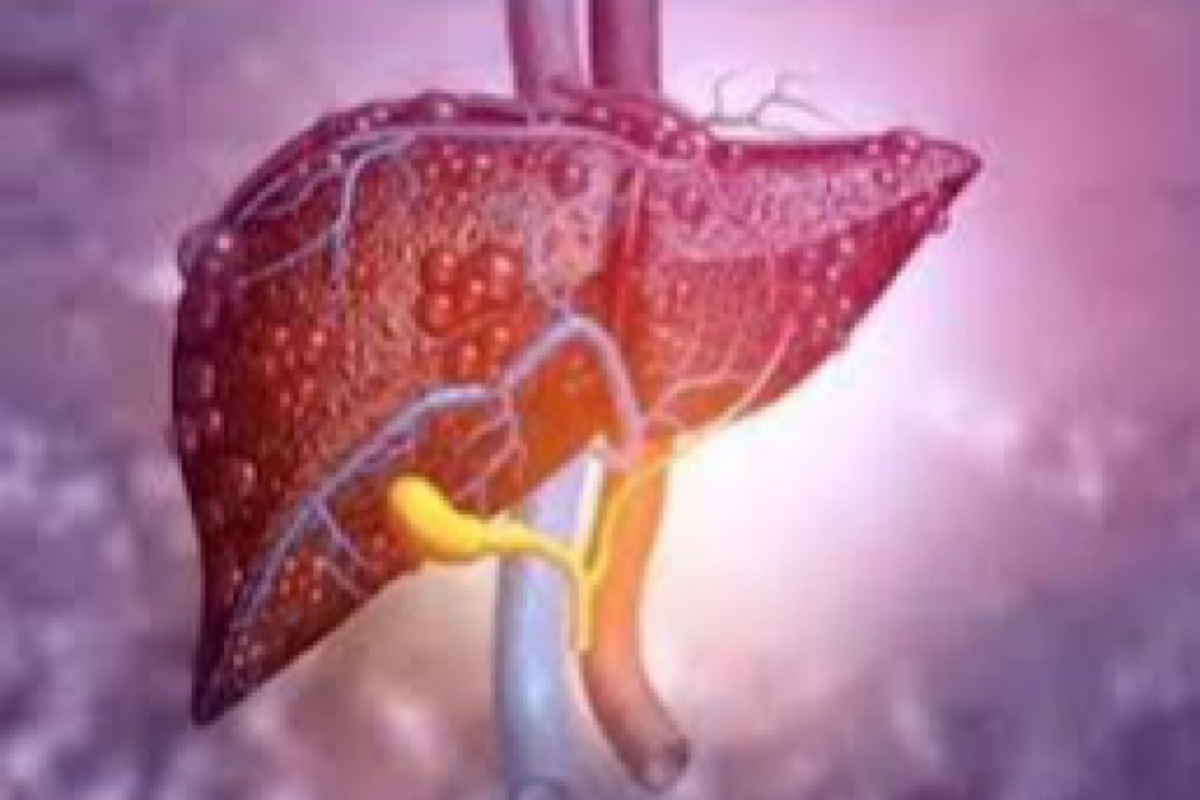The most common way of hepatitis B infection in India is transmission from mother to baby, said doctors on Monday, after Zoho CEO Sridhar Vembu questioned its administration on the first day of life.
Taking to social media platform X.com, Vembu in a post asked why “young babies are given vaccines such as Hepatitis B”. He claimed that he is “not anti-science” while questioning this.
Advertisement
“One of the most common ways of hepatitis B infection in India is transmission from mother to baby. So it is important to screen the mothers who are positive and treat and in addition, it is extremely important to give the hepatitis B vaccine within a day of birth,” Dr Neela Mohan, Senior Director and Head of Department of paediatric gastroenterology hepatology at Medanta, the Medicity, told IANS.
While there is currently no treatment available for hepatitis B, the only way is to control it with vaccinations.
“Since the burden of chronic hepatitis B infection is very high globally, and more than 3,500 people die every day with chronic hepatitis B infection, it is extremely important for India to curtail this infection, and an important step forward is to give vaccine soon after birth,” Mohan said.
The burden of hepatitis B is very high globally, including in India.
The World Health Organization estimates that more than 3,500 people die from hepatitis viruses every day. From 1.1 million in 2019 the number of deaths rise to 1.3 million in 2022.
Hepatitis B claimed the most lives (83 per cent), followed by hepatitis C (17 per cent).
“If a newborn catches hepatitis B virus, and typically catches it from passing through a birth canal, the mother’s birth canal that is contaminated with hepatitis B, they have a 90 per cent chance of going on to develop chronic liver disease/cirrhosis, and liver cancer, which obviously is a fatal disease,” explained Dr Abby Phillips, popularly known as LiverDoc, on X.
He added that the virus can also be spread among young children via “infected family members who did not know about it”.
“The hepatitis B vaccine is crucial because it protects babies from a serious liver infection that can lead to chronic disease, cirrhosis, and liver cancer. Administering it on the first day of life provides immediate protection, especially if the mother unknowingly carries the virus,” Dr. Arun Kr Gupta, Senior Consultant-Paediatrics, Fortis Hospital Shalimar Bagh, told IANS.
The Hepatitis B vaccine has also been part of the national immunisation programme by the government for a long time.
Phillips noted that the vaccine is safe and that “there is no downside to getting the hepatitis B vaccine at birth”
Gupta also suggested the vaccine for “all unvaccinated adults” to prevent hepatitis and its severe complications.











